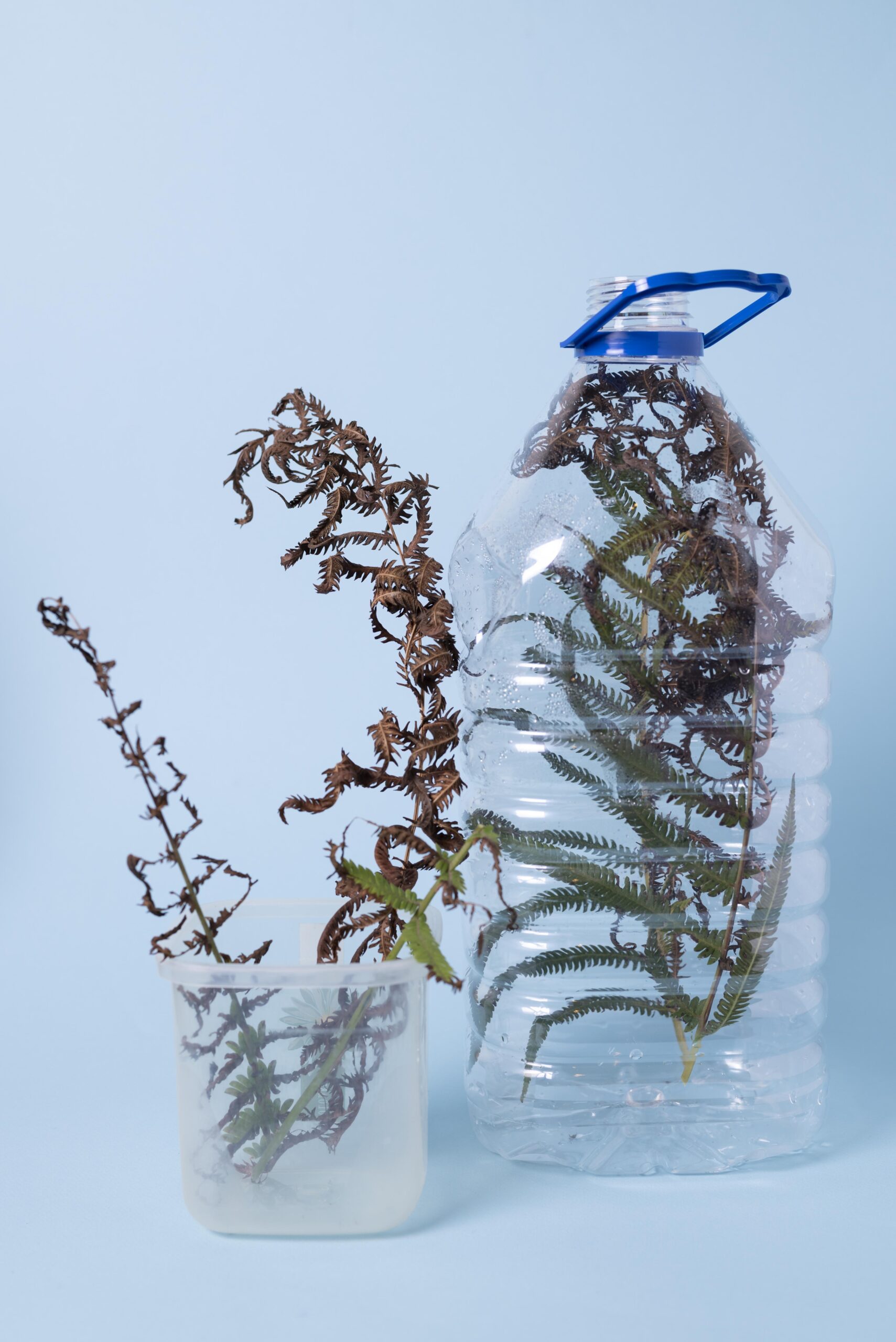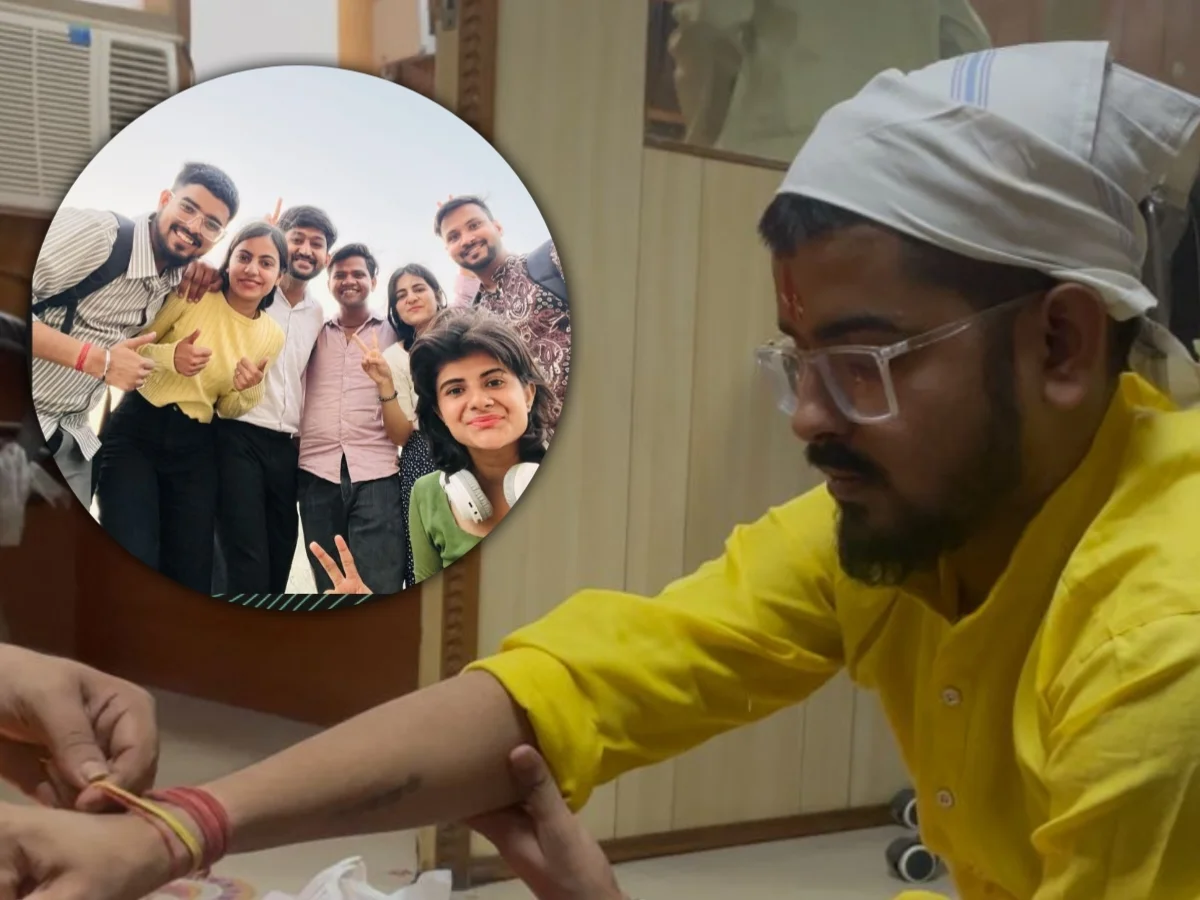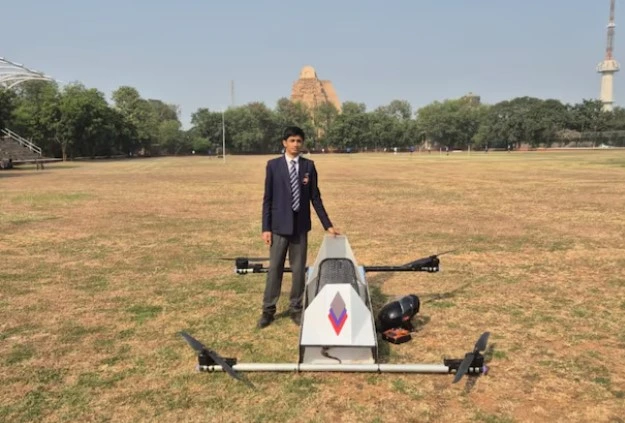Algae-Based Bioplastics Production
Plastic waste has become a tremendous problem today. It is choking the ocean, filling up landfills, and harming animals. But a new kind of plastic is being invented; this type of plastic is created out of algae. Algae-based bioplastic production offers a cleanerand greener alternative to traditional plastic production. India had the right tools to assume the leadership.
This article explains how Based Bioplastics Production works, why it’s great for India, and what it means for our planet. And you will be actually aware of how it is done, its uses, and where it applies. We will be naive, honest, and real. No scientific disquisitions on gore-here-to-mend.
What Is Algae Based Bioplastics Production?
Algae-based bioplastic production means making plastic from algae. These are plants that you can find everywhere in the microscope in the oceans, rivers, and ponds. They grow at a very high rate and do not need clean water or farms. This is the reason why they are a good raw material.
Instead of using oil to make plastic, algae-based bioplastic production turns plant matter into natural polymers. The forms of these polymers are transformed to be commonly used products like bags, containers, and bottles. They are worn out faster in comparison to plastic that is oil-based. This is advantageous in easing the pollution in the long run.
Not only is it safe and natural, but it also does not lead to an increase in the level of carbon pollution. It is not dumb, difficult, and green.
Reasons why algae is a better crop than the other crops
Algae does not use up food crops. It does not need a rich soil and fresh water like corn or sugarcane. It will be capable of growth in salty and dirty water and will still generate biomass.
This makes Algae Based Bioplastics Production low-impact and eco-friendly. Growth of algae is also long-term. It is a plant that can be cropped two to three times in a month by the farmers. It equates to more product, less time, and fewer resources.
Even better? The algae can pull carbon derivations out of the ambiance as they develop. On the one hand, it does generate plastic, and on the other, it allows us to address climate change.
India’s Strength in Algae Based Bioplastics Production
India is a natural fit for Algae Based Bioplastics Production. The place has a lot of sunshine; it is long-coasted and sunny. They are the best to use to cultivate algae in open tanks/ponds.
The coastal fishermen and farmers can switch to the cultivation of algae very easily. They are accustomed to the way of processing seaweed and other crops of this type. They can be educated to utilize algae in order to develop plastic.
Their work is also done by Indian scientists and startups. They are coming up with smart ways of production, shaping, and commercialization of bioplastics from algae. The environmentally friendly solutions are being tested in some of the labs at Kerala, Tamil Nadu, and Gujarat. All these show the level of expertise that the country is acquiring.
How Algae Based Bioplastics Production Works
It starts with the algae growing process in a water tank or an outdoor pond. The ponds are either loaded with wastewater or even in seawater. Algae begins growing too thick and green after a few days.
The second step is harvesting of the algae. It is then dried by the workers, and they get its starch or sugar. They are macro-units of construction of the bioplastics.
After this has been done, the sugars are subjected to a simple chem. They are prepared in such a way that they become polymers. These are the soft and plastic-like things.
On air molding them, they will come out as, in the case of bags, plates, film wrap, or anything. Such products act just like other normal plastic, only that they are broken down within months instead of taking centuries.

Applications of the Algae-Based Bioplastics Practically
Algae Based Bioplastics Production is not just a science project. It is already generating tangible products. Algae wrappers are under experimentation in plenty of food companies. These do not ruin the environment but preserve food.
Cosmetic brands are using algae plastics to manufacture tubes and containers. Even fashion brands are experimenting with the fabric that uses algae. The technology shall involve doing away with all the single-use plastic by replacing it with materials that are friendlier to the environment and less time-consuming to dissolve.
Farmers also use mulch films made of algae. These films protect the crops and decompose once more on the soil. There is no cleanup attempt and no remnants of PET plastic.
Advantages You Can Not Miss
Algae Based Bioplastics Production comes with many real-world benefits. Some of them are as follows:
- Less Pollution: The plastics break down easily. They do not pollute or bury the landfills.
- Cleaner Air: Algae is a carbon consumer in growth. This helps in the reduction of greenhouse gases.
- Creation of Jobs: New incomes are generated for farmers, working people, and start-ups.
- No Land Waste: Algae will not take any land onto which food must be produced.
- Water rebellion: this water is recycled, and this implies that we are saving a very precious commodity, water.
These are not the only pros of the lab. They have very true effects on human beings, companies, and communities.
The Ethical Side of Algae Based Bioplastics Production
Ethics matter. Algae Based Bioplastics Production in India is showing how green technology can be fair and honest. Ethical production connotes the absence of child labor and decent salaries and hygienic processes.
Many of the Indian startups are catering to the smallholders. Profits are also shared, training is done, and they are transparent. The rural families are assisted through such projects that instill confidence.
Unlike colossal plastic companies that pollute and exploit, the algae-based companies allow the locals to be empowered. That’s the true value of ethical Algae Based Bioplastics Production. What we are providing and selling is not the only aspect, but how we are doing so too.
Even more are coming.
The travel is not ideal. Algae Based Bioplastics Production still has a few hurdles. They include the following:
- Cost: In recent times, such plastics have been quite costly as compared to normal plastic, but because of the prices, they have suffered the slumps.
- Scale: This production must be done in a space and time to make it on a large scale.
- Publicity: People are not very aware of algae-based plastic yet.
- Policy Gaps: Policies in India need to be more open to promote this industry more.
These are challenges that can be tackled. Nonetheless, they need the help of a government, science, and business.
India Policies and India Bioplastic Push
Some single-use plastics in India have already been banned. It is a good demonstration of substituents. There are tax reductions and grants, provided by the government, to the green-tech new companies. Research funds are also helping in establishing new laboratories.
The schemes that come under the saying Atmanirbhar Bharat are production programs that are local. Algae Based Bioplastics Production fits right in. It aids in the achievement of Make in India, Swachh Bharat, and climate action at the same time.
This support gives the industry a good platform to grow. It also makes India an enlightened of moral and environmental innovation.
Conclusion: We have a real solution, which we can depend on.
Algae Based Bioplastics Production is more than a trend. It is a solution, and it is a solution that is effective, not only on the planet but also on people and for development as well. India has the time to be the pacesetter in this change. The natural resources, the mind, and a clean approach would help the country to create a better future.
The good thing about these bioplastics is that we get easy comfort without spoiling the environment. Being reasonable is sufficient to apply the best applicable methods and also be honest to make a practical difference.
Algae Based Bioplastics Production is not just about what we create. This is the way we make it, and who are the people to engage, and what type of a world do we want to leave behind?





